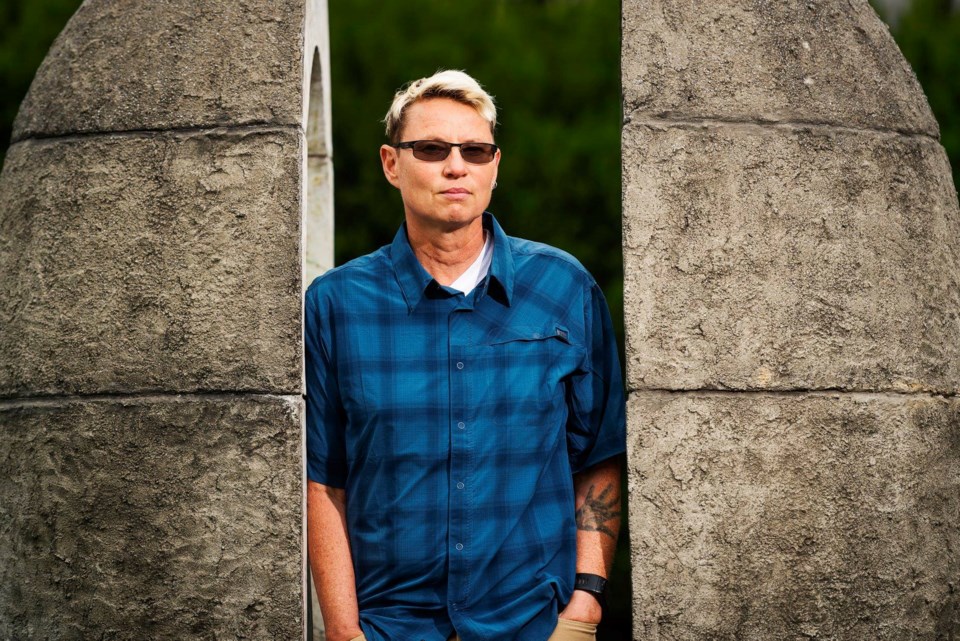(Travers uses the pronoun ‘they.’)
I had the privilege of interviewing Travers for advice for allies and for those who identify as members of the LGBTQ+ community.
Travers says in their classroom, they engage students on the topic of transphobia, biphobia and homophobia by showing that these are global phenomena.
They establish a historical context for students by noting that binary sex and gender systems — male and female — were forced upon those who may have identified differently, were it not for colonial oppression.
Travers said Canadian society is organized on the basis of these assumptions if you look at the way in which spaces are gendered.
“It’s these ideas that become so ingrained that most people just experience them as natural and inevitable. It’s really hard to get people to understand how much social effort goes into teaching children for example, that A) there are only two sexes and B) this is who you are and this is what this means,” Travers said.
Though an expert, Travers also recognizes their own privilege. “I also recognize as a white middle-class person, that my expertise is limited by my life experience and I find it incredibly important to understand that I’m always learning. Like my own development is never finished,” they said.
“People need to summon up the personal courage to take small steps in the environments where they are.” Travers says in regards to actions both allies and members of the community can take.
Some small steps might look like “working really hard to be flexible about new pronouns for example,” Travers says.
Travers says that small things we can do improve the quality of life of those around us in a very meaningful way. “I think it’s really important to remember that the people...that we interact with are affected by how we behave on an everyday basis.”
Travers said to also “be aware that sexist language and gender-exclusive language is actually harmful.”
Many trans kids are invisible because of not feeling safe or welcomed in their environment, they said.
“So even if you don’t think there are any trans kids in a group of children you’re interacting with, they are there.”
As trans people may lack visibility, Travers advises not to wait for a visible trans person to change the way things are done.
To strengthen and support allies and make progress in our community, Travers thinks that all institutions and businesses should incorporate things like all-gender washrooms and adopt a policy in support of LGBTQ+ rights.
Beyond what can be done on a bigger scale, Travers suggests individuals “make personal commitments to interrupt transphobic or discriminatory comments.”
Discriminatory language or behaviour may be intentionally cruel but can also be caused by ignorance. “I think ignorance can be addressed with a little more compassion but still clarity,” Travers said.
Members of the LGBTQ2S+ community should prioritize their own safety when standing up for queer rights, says Travers.
Confronting dangerous situations isn’t necessary, “Sometimes you work behind the scenes, sometimes you reach out to allies and ask them to address it.”
They reiterated the importance of allies standing up against pervasive violence and discrimination because of the dangers presented to members of the community. “I don’t think the LGBTQ+ people should feel personally responsible for challenging a situation in the moment. Especially in a situation that is potentially traumatic for us or dangerous for us.”
Emily Rice is a Grade 12 student at Howe Sound Secondary and a student intern at The Chief.




